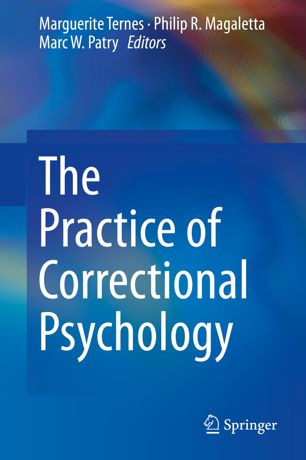

Most ebook files are in PDF format, so you can easily read them using various software such as Foxit Reader or directly on the Google Chrome browser.
Some ebook files are released by publishers in other formats such as .awz, .mobi, .epub, .fb2, etc. You may need to install specific software to read these formats on mobile/PC, such as Calibre.
Please read the tutorial at this link: https://ebookbell.com/faq
We offer FREE conversion to the popular formats you request; however, this may take some time. Therefore, right after payment, please email us, and we will try to provide the service as quickly as possible.
For some exceptional file formats or broken links (if any), please refrain from opening any disputes. Instead, email us first, and we will try to assist within a maximum of 6 hours.
EbookBell Team

4.4
22 reviewsThis highly accessible volume tours the competencies and challenges relating to contemporary mental health service delivery in correctional settings. Balancing the general and specific knowledge needed for conducting effective therapy in jails and prisons, leading experts present eclectic theoretical models, current statistics, diagnostic information, and frontline wisdom. Evidence-based practices are detailed for mental health assessment, treatment, and management of inmates, including specialized populations (women, youth) and offenders with specific pathologies (sexual offenders, psychopaths). And readers are reminded that correctional psychology is in an evolutionary state, adapting to the diverse needs of populations and practitioners in the context of reducing further offending.
Included in the coverage:
· Assessing and treating offenders with mental illness.
· Substance use disorders in correctional populations.
· Assessing and treating offenders with intellectual disabilities.
· Assessing and treating those who have committed sexual offenses.
· Self-harm/suicidality in corrections.
· Correctional staff: The issue of job stress.
The Practice of Correctional Psychology will be of major interest to psychologists, social workers, and master’s level clinicians and students who work in correctional institutions and settings with offenders on parole or probation, as well as other professionals within the correctional system who work directly with offenders, such as probation officers, parole officers, program officers, and corrections officers.